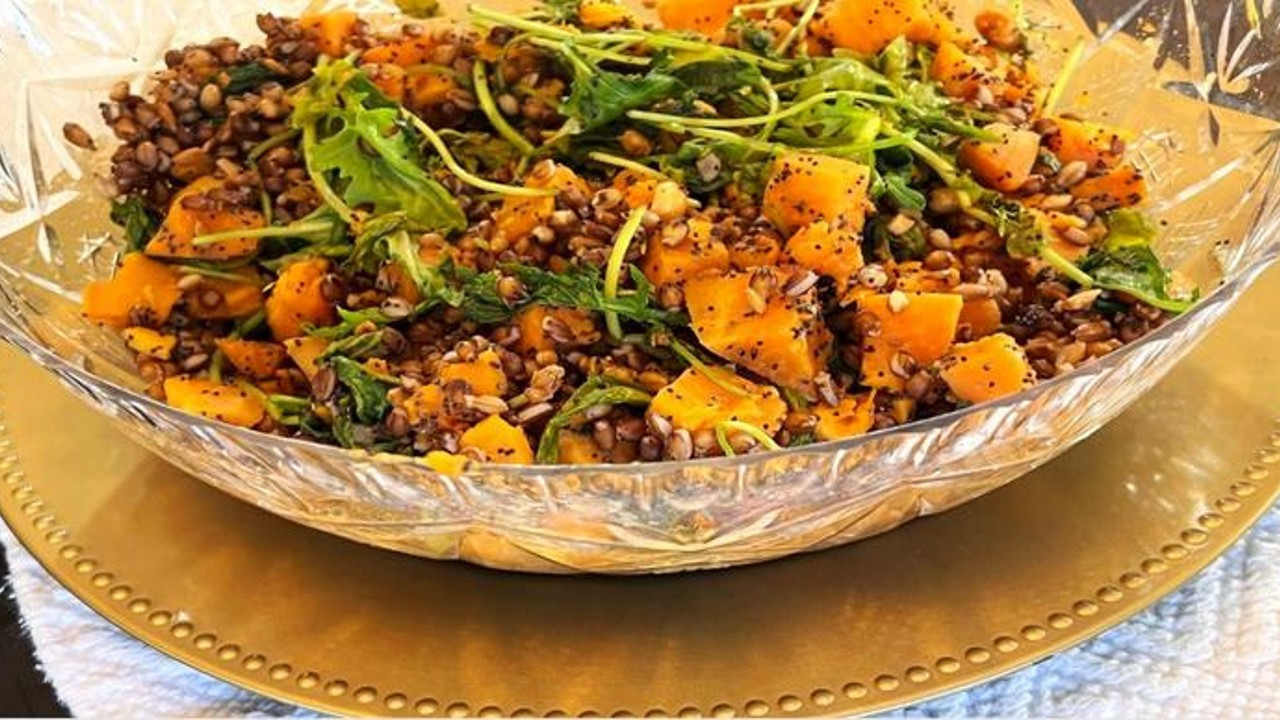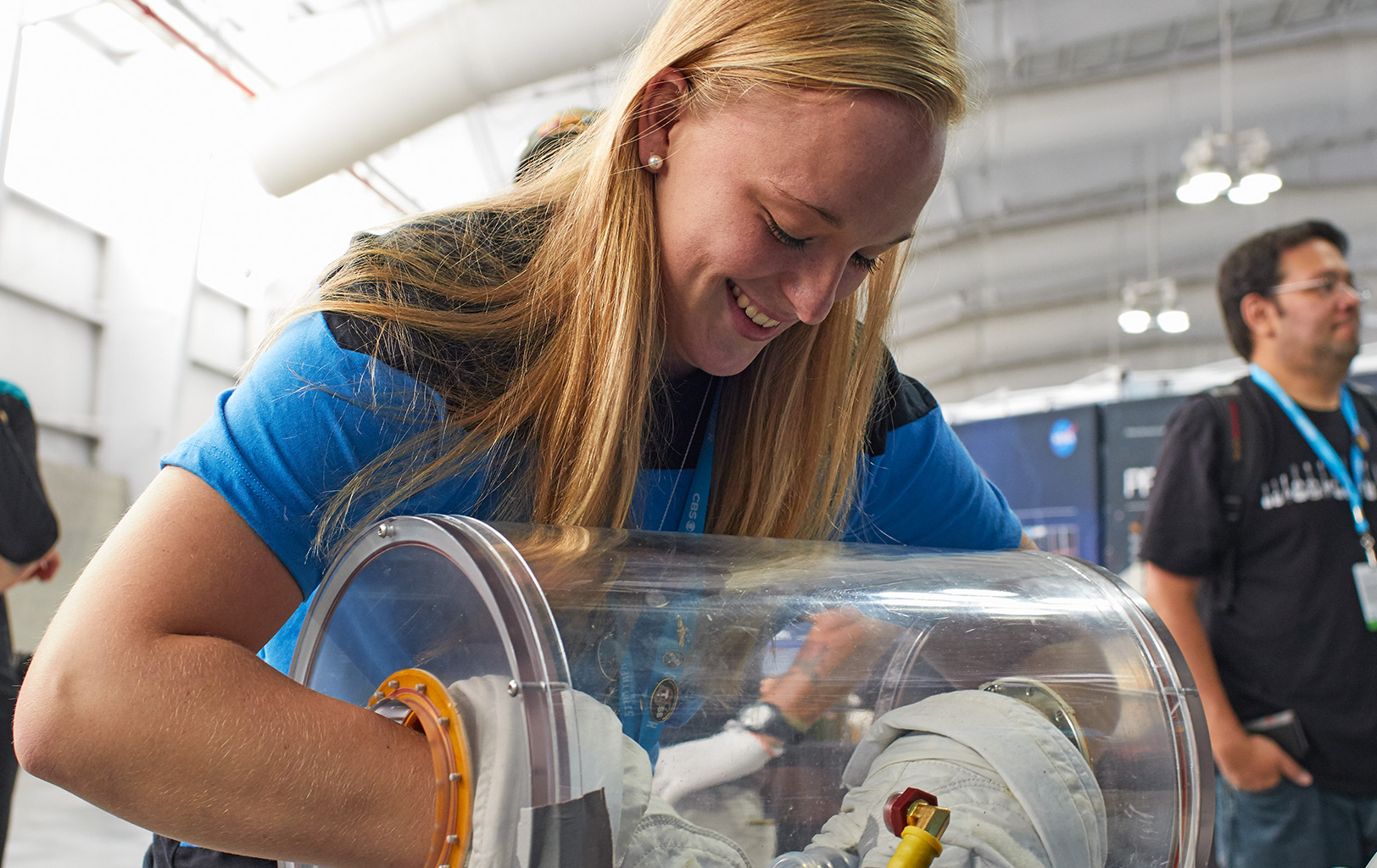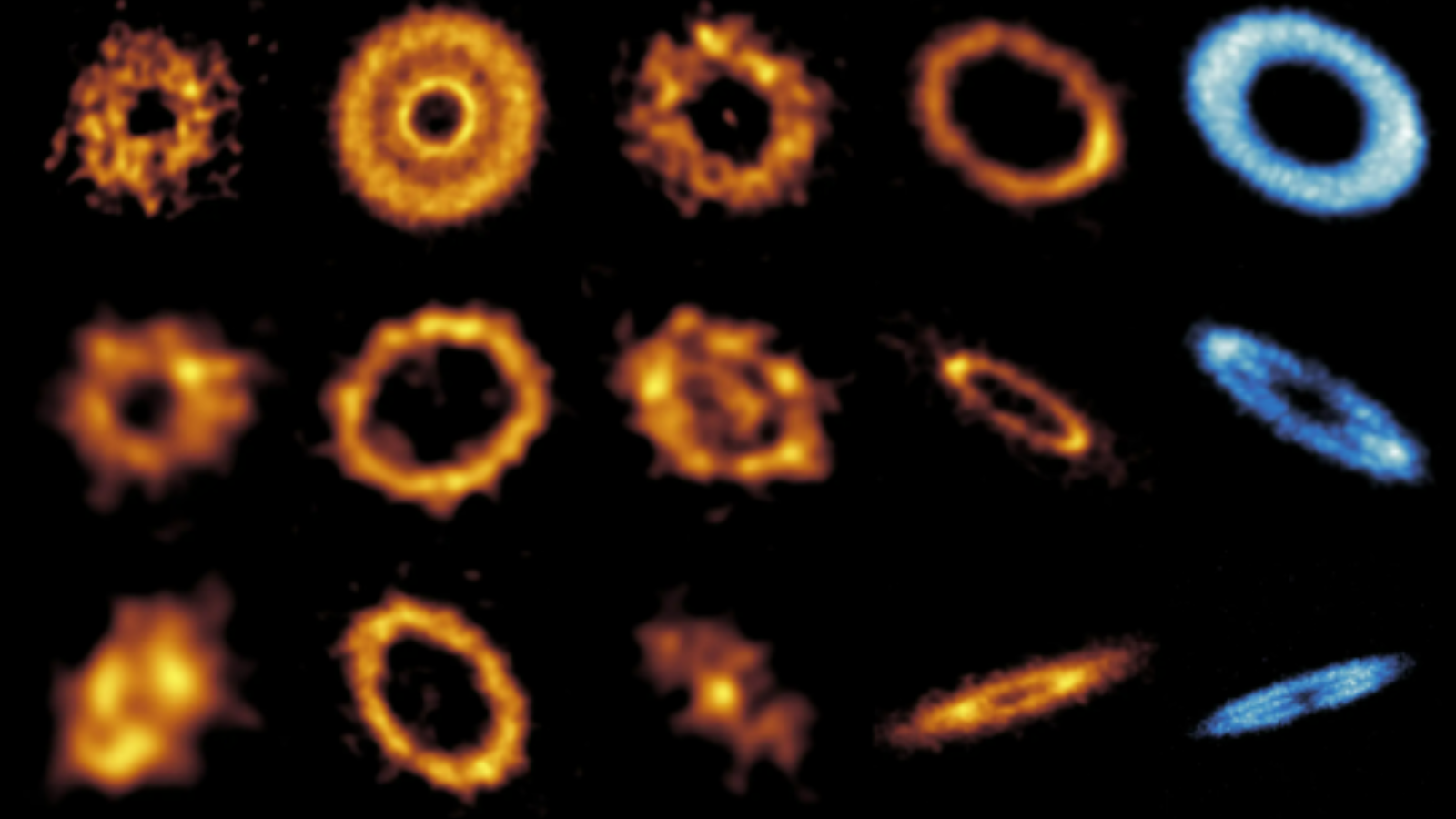Male astronauts headed to Mars could thrive on this vegetarian salad
Mars-bound astronauts will now enjoy the "perfect" space meal thanks to new research on nutritional, sustainable and tasty options for long-duration missions.

Mars-bound astronauts can now enjoy the "perfect" space meal thanks to new research on nutritional, sustainable and tasty options for long-duration missions.
Researchers studied male astronauts' specialized nutritional needs to develop more appealing, nutrient-dense options. It turns out the optimal space meal is a tasty vegetarian salad, leveraging ingredients that can be grown in space and that offer micronutrients needed to compensate for the extra calories burned, according to a statement from the American Chemical Society. Their suggested vegetarian salad includes soybeans, poppy seeds, barley, kale, peanuts, sweet potato and sunflower seeds, which was found to be the optimal meal for men on long-term space missions, according to the study.
"Astronauts in space burn more calories than humans on Earth and require extra micronutrients, such as calcium, to stay healthy during extended exposure to microgravity," according to the statement. "Additionally, future long-term missions will require growing food in a sustainable, circular way within the spacecraft or space colonies."
Related: Future Mars astronauts may chomp on Earth's tiniest flowering plant to survive
The researchers aimed to develop a space meal that not only met male astronauts' health needs, but also tasted good and used fresh ingredients (compared to bland, prepackaged meals).
Using a method called linear programming, the researchers assessed various combinations of fresh ingredients that would meet a male astronaut's daily nutritional needs. They also factored in the sustainability of the ingredients — those that require less fertilizer, water, time and area to grow — and recyclability to avoid added waste from inedible parts of the food grown. The computer models balanced all of these variables in 10 different food combinations to identify the optimal space meal.
The vegetarian salad won out on offering the most efficient balance of maximal nutrients and minimal farming inputs. However, additional supplements are needed to provide all of the micronutrients a male astronaut needs while living and working in space, according to the statement.
Breaking space news, the latest updates on rocket launches, skywatching events and more!
Finally, four people were invited to taste-test the researchers' new salad recipe to ensure the combination of ingredients went well together. Overall, the salad was enjoyed by all, who went back for second helpings. One tester even said they "wouldn't mind eating this all week as an astronaut," according to the statement.
Next, the researchers plan to explore optimal space recipes for female astronauts and expand the variety of ingredients included in their computational models.

Samantha Mathewson joined Space.com as an intern in the summer of 2016. She received a B.A. in Journalism and Environmental Science at the University of New Haven, in Connecticut. Previously, her work has been published in Nature World News. When not writing or reading about science, Samantha enjoys traveling to new places and taking photos! You can follow her on Twitter @Sam_Ashley13.
